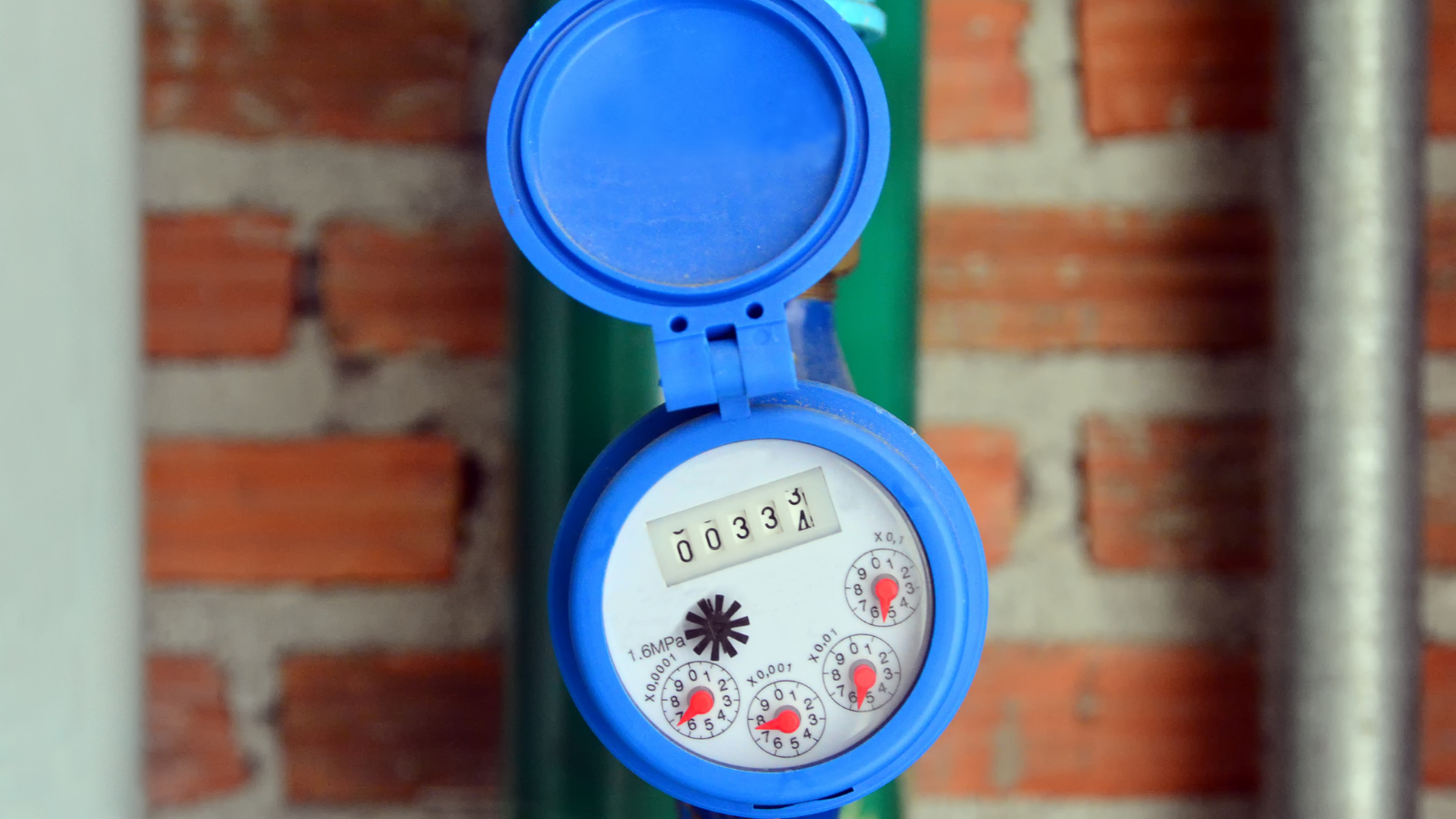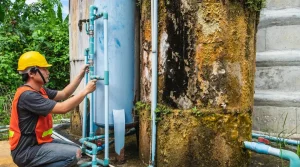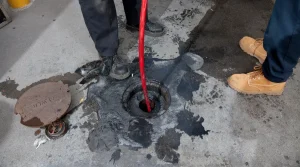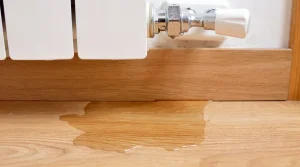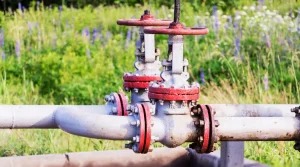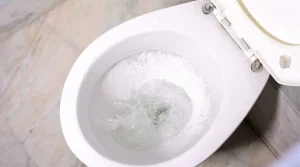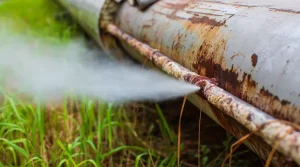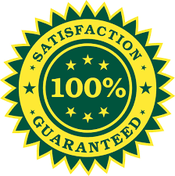Understanding how to read your water meter and identify unusual usage patterns can significantly reduce your water bill and help prevent waste. This guide provides you with practical steps to ensure accurate readings and spot potential issues before they become costly problems.
Key Takeaways
- Grasp the factors that influence meter readings.
- Master the technique for reading different types of meters.
- Familiarize yourself with commercial water meters.
- Identify common indicators of a malfunctioning meter.
BJC Plumbers North Bergen’s trusted plumbing service! From clogged drains to sewer service, we handle it all. Call us for professional and affordable plumbing solutions.
Factors Affecting Water Meter Readings
Several factors can impact the accuracy of your water meter readings:
1. Leaks: Hidden leaks in pipes or fixtures can result in inflated readings and higher bills.
2. Meter Malfunction: Age, wear, or damage can lead to inaccurate measurements.
3. Seasonal Usage: Water consumption tends to spike during summer months or periods of drought.
4. Water Pressure Changes: Fluctuating water pressure can affect how your meter registers usage.
5. Human Error: Mistakes in reading or recording meter numbers can create misunderstandings about actual consumption.
Want to save water and reduce your utility bills? Discover simple ways to conserve water in your home!
How to Read Your Water Meter Correctly
1. Locate Your Meter: Water meters are commonly found in basements, crawl spaces, or outside near the street.
2. Identify the Meter Type: There are two primary types of residential meters:
- Analog Meters: These feature dials. To read them, note the numbers from left to right, paying attention to the position of the hands.
- Digital Meters: Simply read the numbers displayed on the screen.
3. Read the Meter:
- Analog Meters: Carefully observe the positions of the hands and record the numbers they point to.
- Digital Meters: Write down the numbers shown on the digital display.
4. Record the Reading: Keep a log of your readings and compare them with previous entries to track your water usage over time.
Reading a Commercial Water Meter: A Helpful Guide
Commercial water meters can be more complex, but here’s how to approach them:
1. Understand the Meter Type: Commercial meters may be turbine, compound, or electromagnetic, each with its own characteristics.
2. Locate the Reading: Readings may be displayed on a dial or digital screen, often with additional metrics relevant for larger operations.
3. Follow Specific Instructions: Each type may have unique instructions; consult the manufacturer’s manual or a professional for guidance.
4. Record and Compare: Regularly log your readings and analyze them against historical data to spot any anomalies.
How to Check If Your Water Meter Is Faulty
1. Check for Leaks: Inspect your home and the area around the meter for signs of leaks.
2. Compare Bills: A sudden spike in your water bill can indicate a malfunction.
3. Inspect the Meter: Look for any physical damage or irregularities in the display.
4. Conduct a Test: Turn off all water sources and check if the meter still registers movement; if it does, it may be faulty.
5. Contact a Professional: If you suspect an issue, reach out to your water utility provider or a licensed plumber for a thorough inspection.
FAQ
1. What should I do if I find an unusual spike in water usage?
Start by checking for leaks or faulty fixtures. If the issue persists, consult a plumber or your water utility provider.
2. How often should I read my water meter?
It’s advisable to check your meter monthly to stay on top of usage and catch any potential issues early.
3. Can I check my water meter reading online?
Many utilities offer online account management systems where you can view your water usage and meter readings.
4. What if my meter reading does not match my bill?
Contact your water provider to discuss the discrepancy and resolve any billing errors.
Conclusion
Regularly reading your water meter and being aware of unusual usage patterns are essential for effective water management. By honing your skills in meter reading and proactively identifying potential issues, you can avoid unexpected bills and promote responsible water use. If you’re unsure about any aspect of your meter, don’t hesitate to seek professional assistance to ensure accurate measurements and proper functioning.

